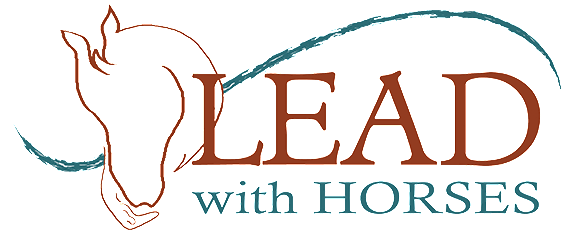Surround Yourself in Kindness
There have been many studies on what causes humans to feel bad and why it is that people go to see mental health professionals. We have a mountain of research about depression, anxiety, trauma, addictions and too many other mental health “disorders” to count. And because of this, we also have hundreds of drug remedies that have been developed, manufactured, and prescribed for what ails us, making it oh so simple to medicate ourselves to mental health. It’s only been in the past 10 years or so, however, that research has focused upon the things that we do for the good of others (which ultimately comes back to ourselves) in our communities and how those acts benefit our sense of well-being. LEAD with Horses understands that medications have their place in the treatment of many Mental Health disorders and takes the position that the decision whether or not to take medications as prescribed is made between you and your doctor.
Having said this, we would like to share a few things that we know about some holistic ways to achieve a greater sense of wholeness and well-being. First up: Kindness. Did you know that simple gestures of kindness, whether random or on purpose, has a positive relationship with overall well-being and better health? Have you ever picked up the tab in a restaurant for a veteran or someone in the military? Have you ever paid someone you did not know a compliment? Hold the door for the person behind you? Volunteer for your favorite charity? How do these acts of kindness affect your sense about yourself as a person?
Research continues to demonstrate that acts of Kindness have been shown to increase self- esteem, empathy, and compassion, and to improve mood. Habitual acts of Kindness can decrease blood pressure and stress hormones, the ones that directly impact stress levels. People who give of themselves in a balanced way also tend to be healthier and live longer. Kindness can increase your sense of connectedness with others, which can directly minimize loneliness, improve mood, and enhance relationships in general. It also can be contagious! Looking for ways to show kindness can give you a focus activity, especially if you tend to be anxious or stressed in some social situations.
Every day as we observe our Healing Herd, we notice the subtle and not so subtle ways the horses show kindness to one another, by instinct, and without an agenda or desire for a return on their good will.
At the LEAD with Horses after school program, the children learn about being kind in their classes and they apply what they have learned outdoors among the horses. This is such a perfect set-up because horses are unique in their ability to hold space in kindness and to reflect their responses. Sometimes they will blow out when kids show their kindness, or they will walk right up to a kid and follow around without being coaxed by a treat. A study conducted in 2010 showed that horses remembered how an individual human behaved towards them based on just one interaction, even as long as eight months later, and behaved better with handlers who used positive handling techniques, such as stroking or speaking in a soft voice.
We invite you to pay us a visit to see our set-up and meet our Healing Herd and learn how you and your family can benefit from learning through horses.
For more information about kindness and mental health, a few links to help.
How Horses Show Kindness
https://www.thebrooke.org/about-us/horses-and-affection
Across the Pond
https://www.mentalhealth.org.uk/explore-mental-health/kindness#:~:text=In%202020%2C%20we%20found%20that,impact%20on%20their%20mental%20health
From the American Psychological Association
https://www.apa.org/news/apa/kindness-mental-health
From the Mayo Clinic
https://www.mayoclinichealthsystem.org/hometown-health/speaking-of-health/the-art-of-kindness






